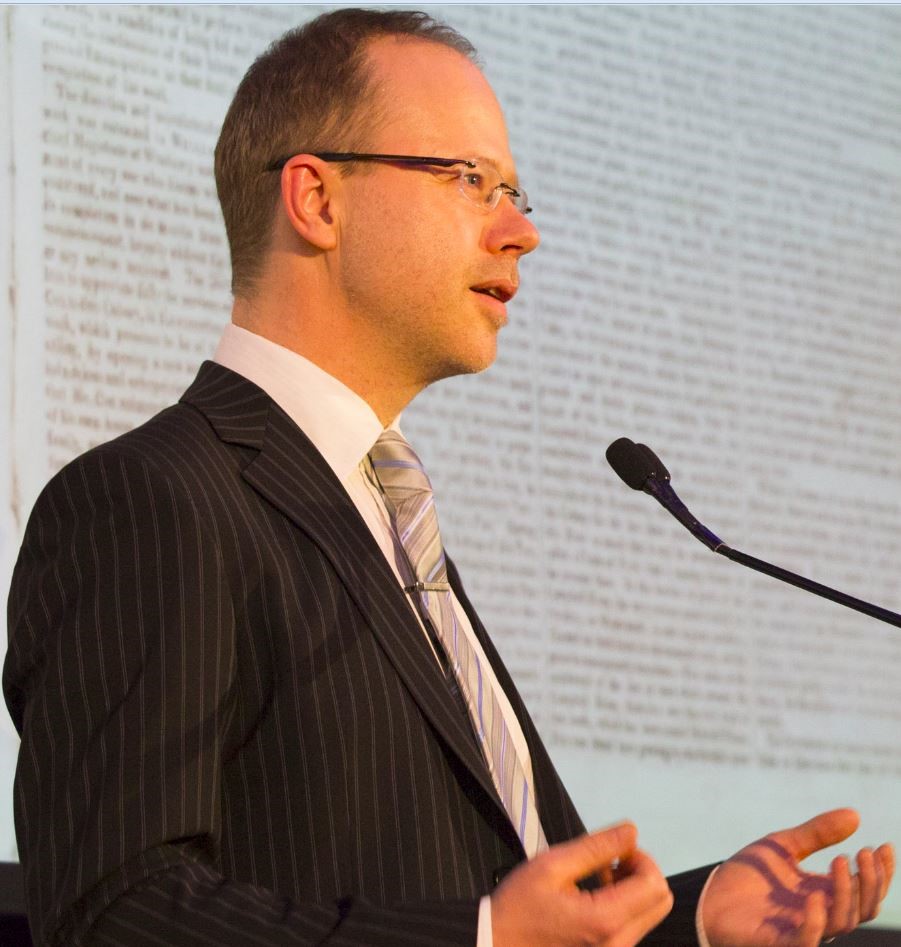The Archives
-
Biography, Cultural Studies, Digital Scholarship, Life Writing
Biographical Dictionaries in the Digital Era
25.09.14 | Permalink | Comments Off on Biographical Dictionaries in the Digital EraBy any measure biography is popular today. With films, dedicated television channels, books, magazines, and multiple forms of social media disseminating biographical information online at an unprecedented rate and feeding an ever escalating interest in the lives of real people, intense public engagement with biography may be considered a defining feature of the early-twenty-first-century cultural landscape. Not coincidentally, interest in biography has soared from the mid-1990s alongside the phenomenon of mass public access to the World Wide Web, and especially since the emergence of Web 2.0 and social media in the past decade.
-
Communication and Media Studies, Cultural Studies, e-Research, Humanities
eResearch Infrastructure for the Humanities, Arts and Social Sciences
29.04.11 | Permalink | Comments Off on eResearch Infrastructure for the Humanities, Arts and Social SciencesAustralian researchers are recognised internationally for delivering solutions to the most complex and challenging questions facing cultures and communities. Their contributions are vital to the nation’s social wellbeing. Encompassing the study of society, identity, economy, business, governance, history, culture and creativity, this broad field links universities, government agencies, collecting institutions and creative industries with policy development and with communities. However, complex issues of national and global significance cannot be solved in isolation. They demand collaborative approaches which in turn require the infrastructure to support them. Across all sectors, research practices are being fundamentally influenced by leading-edge ICT, and social and cultural data of immense significance is being generated in many different forms. With considerable investment worldwide in eResearch infrastructure, innovation in the humanities, arts and social sciences is increasingly dependent on enabling technology to support research excellence.
-
Biography, Cultural Studies, Digital Scholarship, Life Writing
Making Them Live
20.12.10 | Permalink | Comments Off on Making Them LiveThe Australian Dictionary of Biography (ADB) is the premier reference resource for the study of the lives of Australians who were significant in Australian history. Its 50 year anniversary was celebrated in 2009 with a special symposium ‘Between the Past and the Future’, which brought together past employees of and contributors to this important national project. Seventeen volumes of the dictionary and one supplementary volume have been published under the Melbourne University Press imprint, with Volume 18 (covering people who died between 1981 and 1990, surnames beginning L to Z) due to appear in 2012. The editorial unit that produces the ADB has been led by General Editor Professor Melanie Nolan since 2008. In that year, the National Centre of Biography (NCB) was established at the Australian National University to extend the work of the ADB and to serve as a focus for the study of life writing in Australia, supporting the highest standards in the field, nationally and internationally.
-
Cultural Studies, Digital Scholarship, Historical Studies
Gallipoli Online
07.12.10 | Permalink | Comments Off on Gallipoli OnlineAt the heart of the national narrative in Australia is the potent and enduring story of the Australian and New Zealand soldiers—the ANZACs—who fought at Gallipoli, in Turkey, in the First World War, against impossible odds. It is a story that has taken on legendary significance. Each year, on the anniversary of the catastrophic Gallipoli conflict of 25 April 1915, there is a national holiday and Australians in ever-increasing numbers attend Anzac dawn services—conducted at memorials across the nation—to honour the dead of this and later wars. The role of the Gallipoli: The First Day website is not only to repeat and reinforce the Anzac message and make it more accessible, but also to offer a new assemblage of information utilising the 3D visual power of the digital environment.
-
Communication and Media Studies, Digital Scholarship, Historical Studies, Humanities
Experimental Histories
25.01.07 | Permalink | Comments Off on Experimental HistoriesInteractive digital technologies are transforming the processes of research and production across all major academic disciplines. The changes are most significant in traditional disciplines. In that of history, online public access to digitised historical resources has meant that the materials of history are now available to anyone who has access to the internet. Previously, the study of archives was only open to the dedicated specialist with access to the world’s major library collections. Digital technologies have not only enhanced access to resources, but they are also enabling the development and growth of new kinds of content delivery and new modes of historical narration. Although the book is not likely to be superseded any time soon, the book now competes with experimental digital works that are relating history in new and highly interactive ways.






